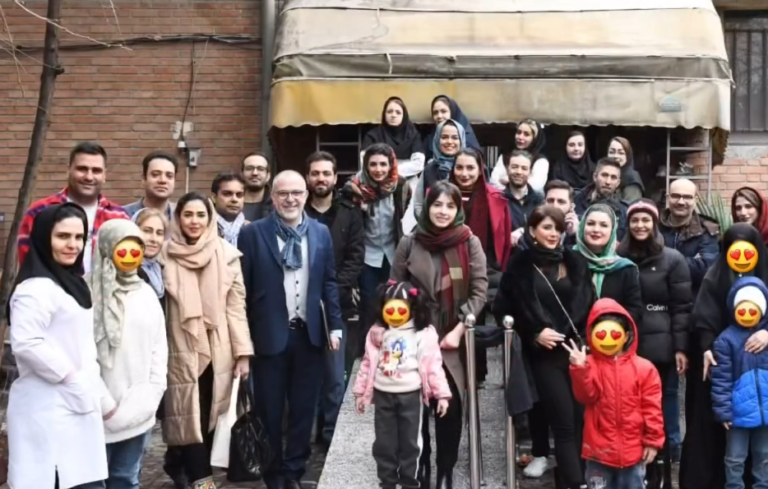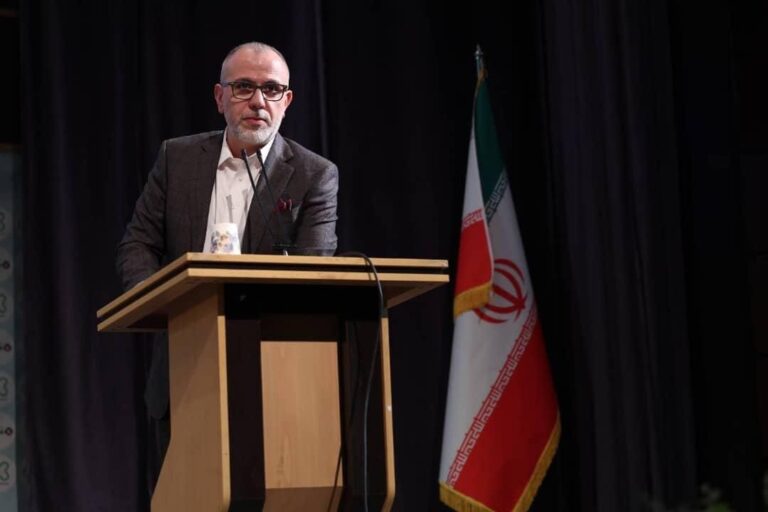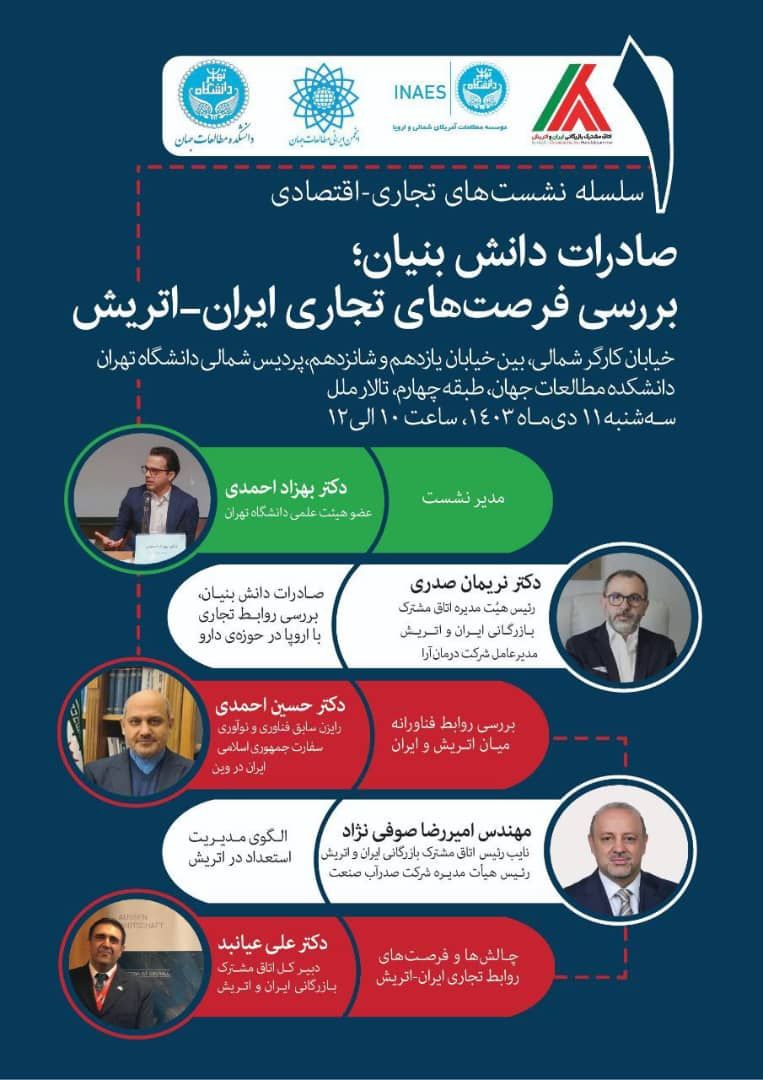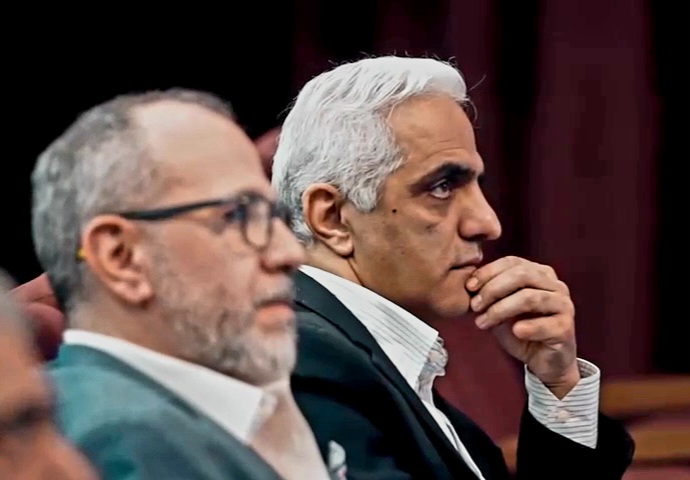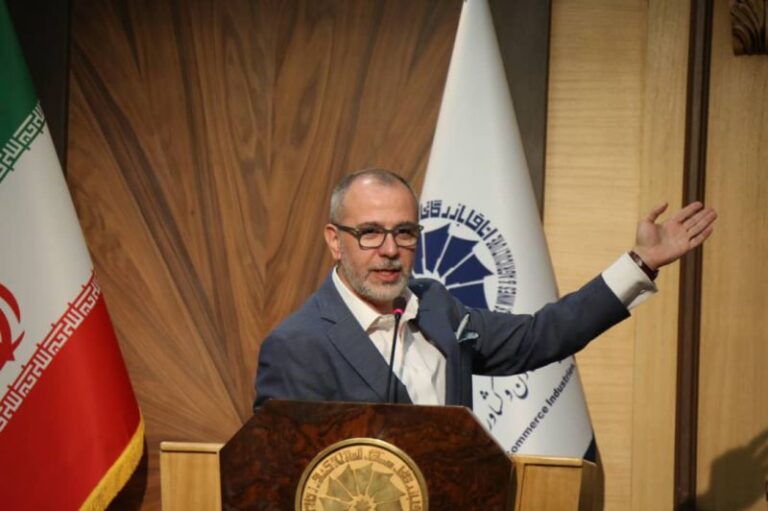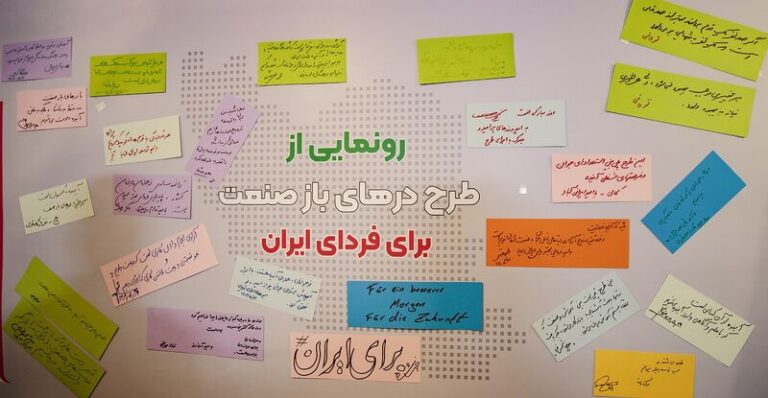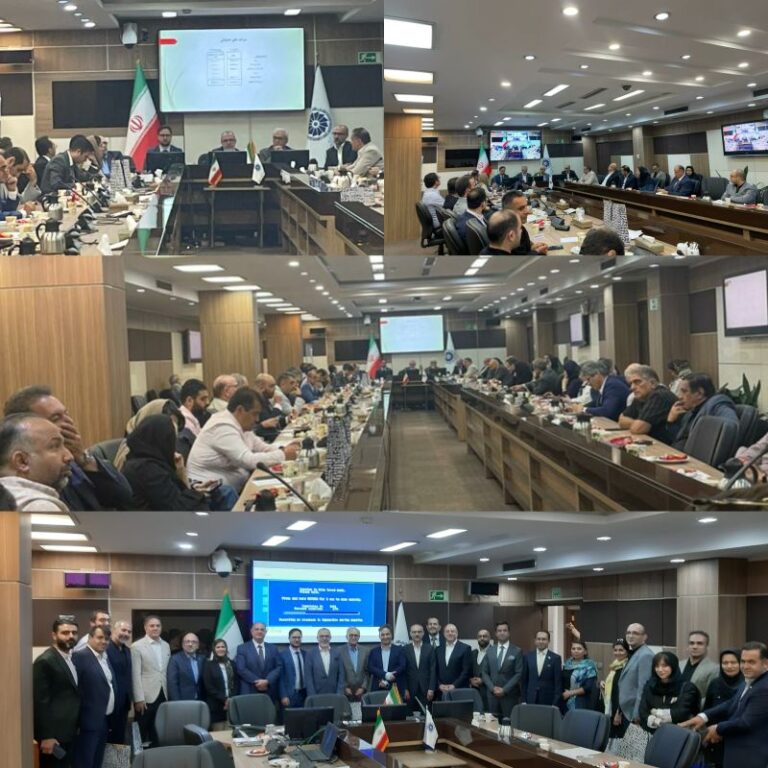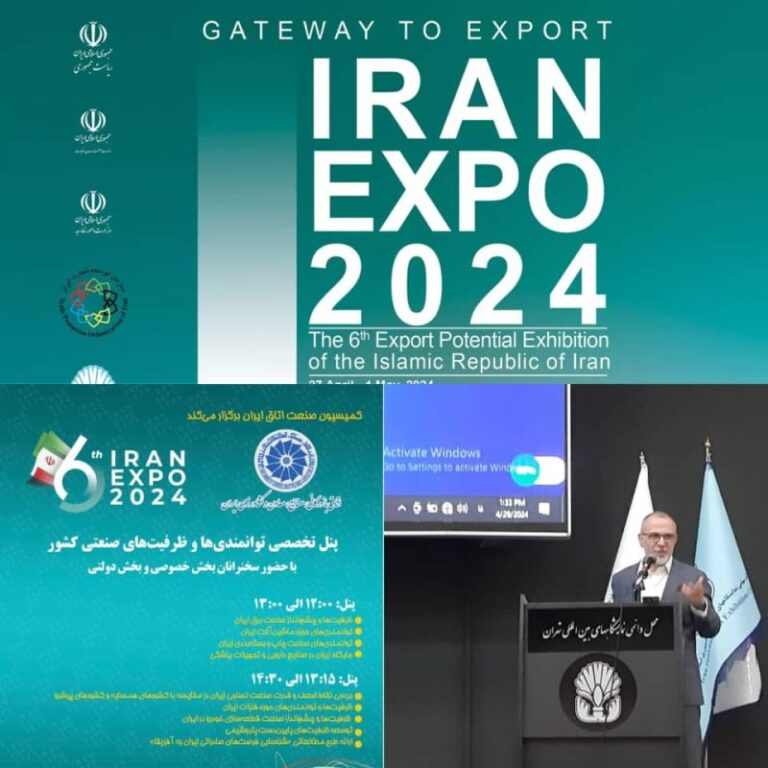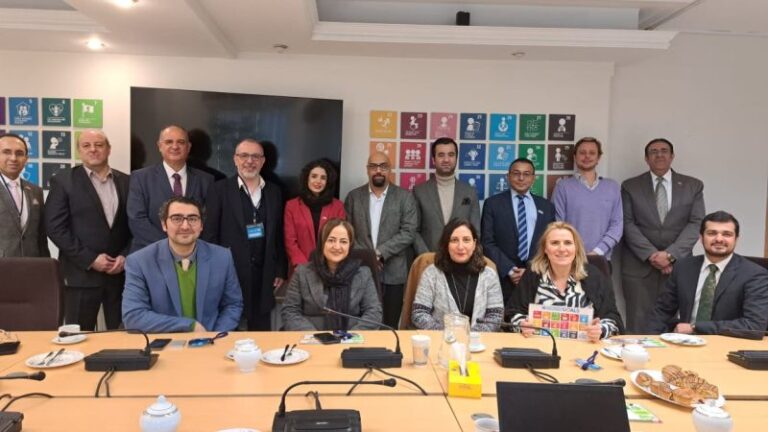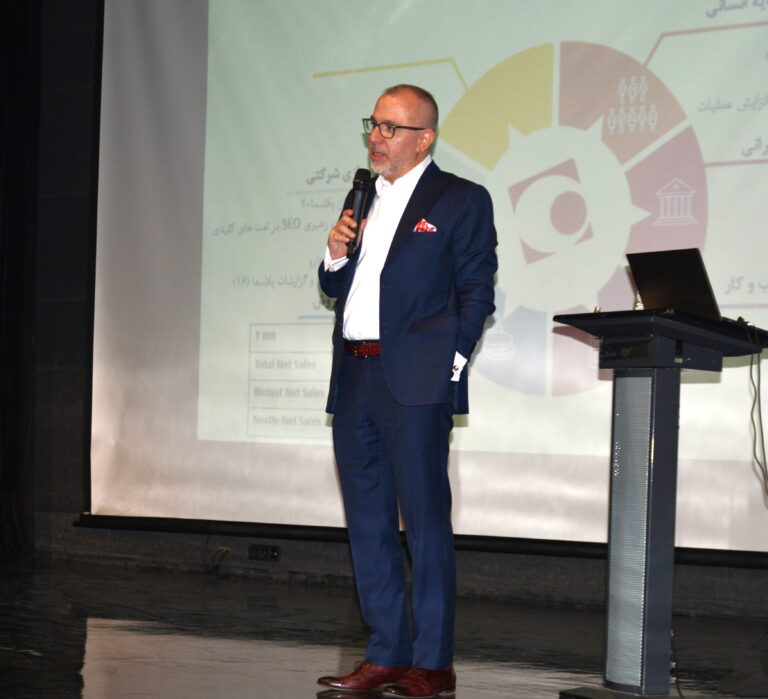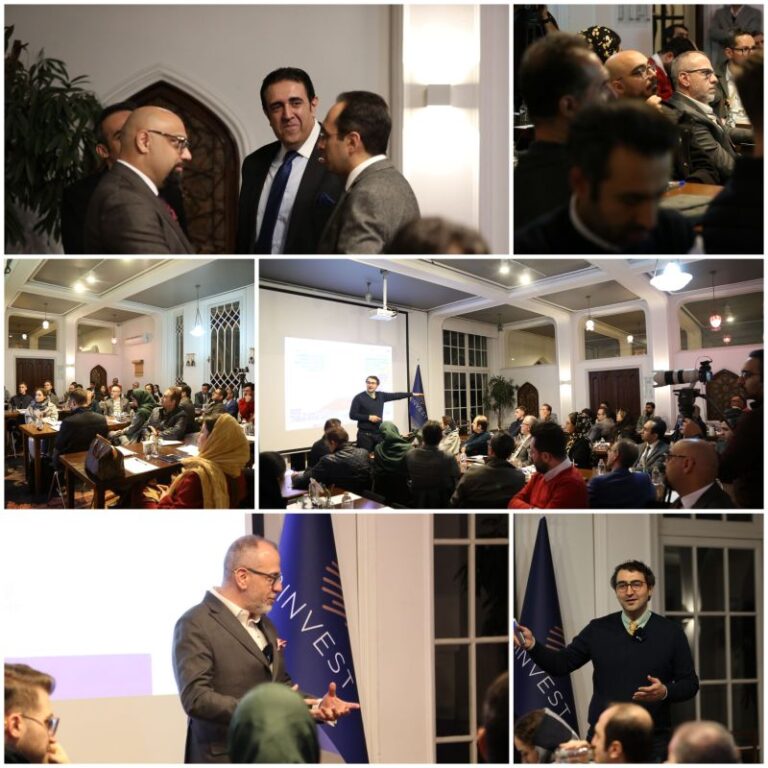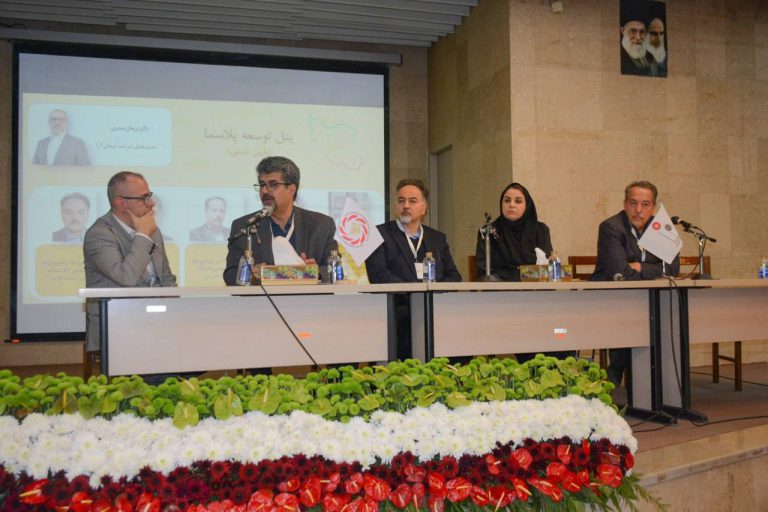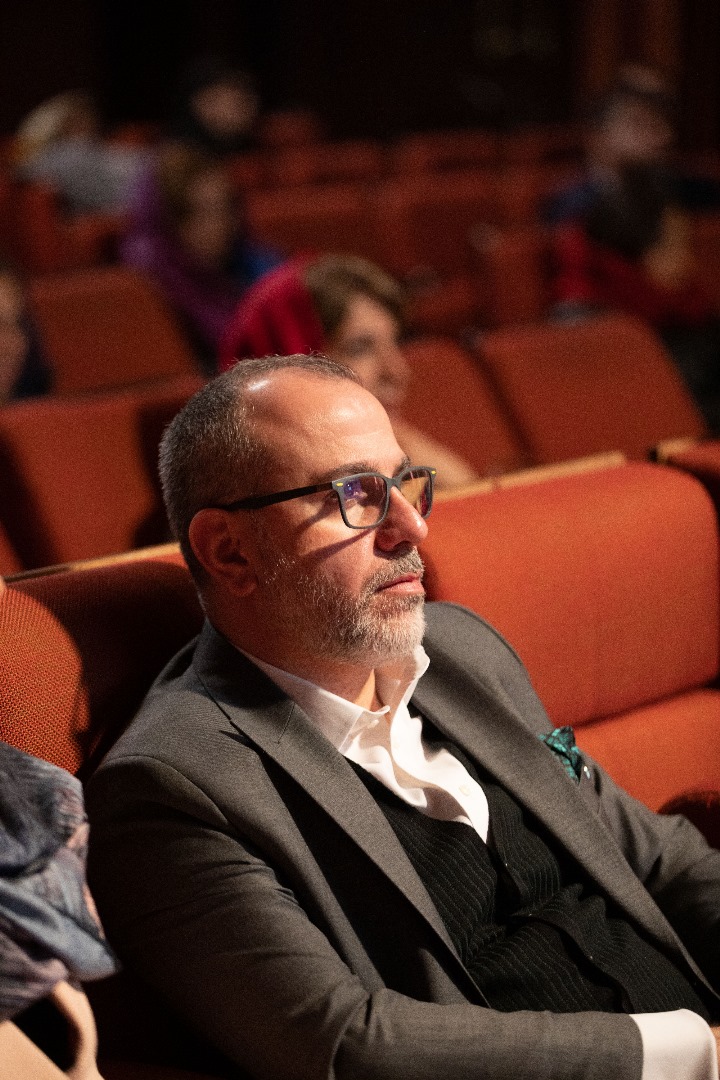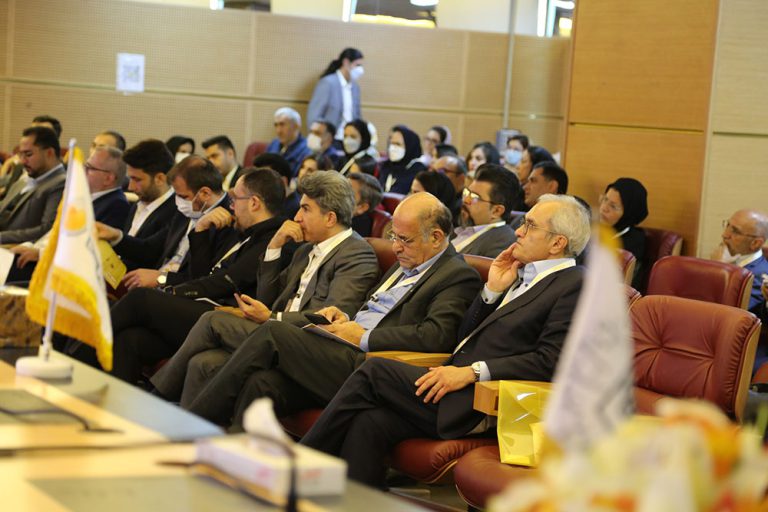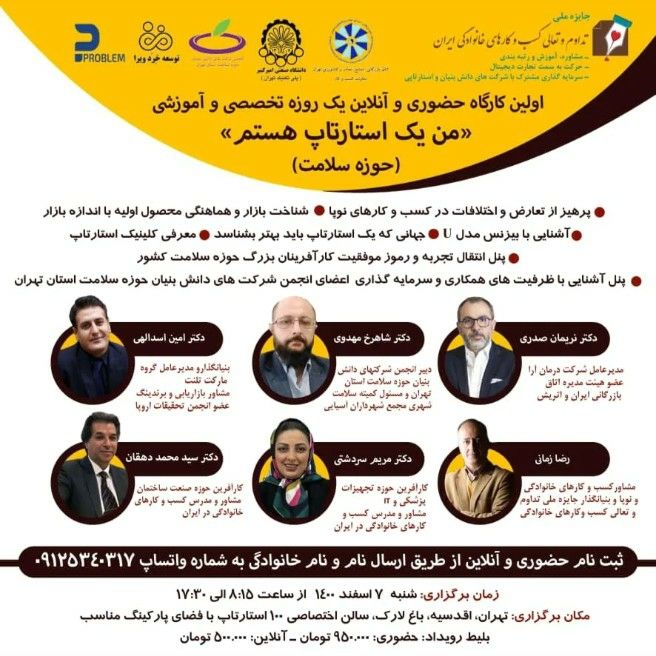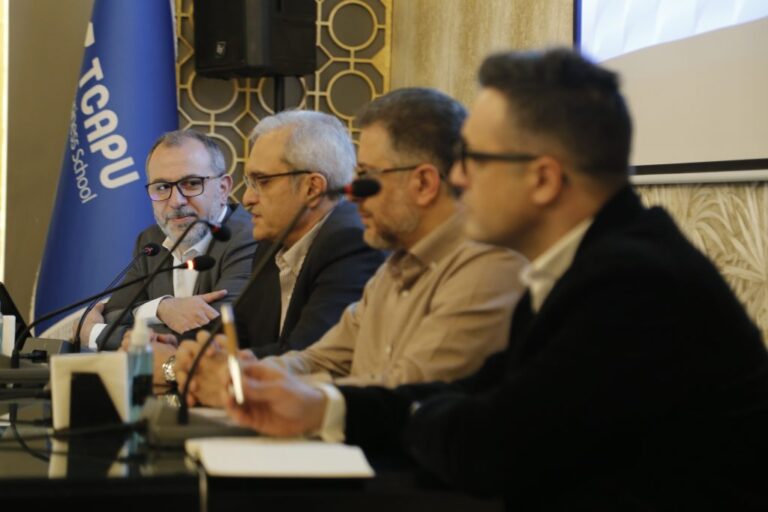Curious, I set out to investigate the matter and found the original text of the Law on Asset Disclosure of Government Officials and Authorities. This law is not new – it was merely referred to the Parliament’s Judiciary Committee for review of certain clauses. However, the media seized the opportunity to challenge problematic articles within the law, particularly Article 8. This article states:
“The list of assets of officials and authorities, the identities and positions of individuals subject to the law, and any related documents and information submitted to the judiciary shall be confidential, and their disclosure is prohibited.”
Parliament, with a history of over a century, has been the institution where the people’s representatives legislate on important social matters. While its influence has fluctuated – at times a powerful institution, and at others a caricature of society’s status quo – it remains pivotal.
A few articles ago, I wrote about the book Why Nations Fail by Daron Acemoglu, addressing a parliamentary resolution. Once again, as the topic of Parliament resurfaced, I couldn’t help but recall the insights from that book.
Institutions shape the destiny of a society. If institutions function well, the nation develops, people experience continuous improvement in their lives, and the country enjoys relative stability. But if institutions perform poorly, people eventually reach a breaking point where they can no longer tolerate the status quo. The dominance of extractive institutions inevitably drives the nation toward crisis – a point where denial is no longer possible, and at a historical turning point, institutional change becomes inevitable.
To determine whether institutions are extractive or inclusive, one must examine how their leaders are chosen. Are mechanisms in place that allow talent to rise from diverse social classes? Or have the ruling elite created barriers, ensuring that only the privileged can access power, gradually transforming social institutions into oligarchies?
One major flaw of oligarchy is the gradual purge of capable individuals. Over the years, the ruling class selects increasingly incompetent officials, sidelining the talented. In such circumstances, leaders lower societal aspirations to survival-level concerns. Their incompetence leads to repeated policy failures, further undermining development. Since progress threatens their power, they construct mechanisms to prevent destabilizing changes. In these societies, a small group grows wealthier at the expense of the majority – whether through material accumulation or access to resources that reinforce their power.
So, what changes threaten oligarchies the most?
One of the most significant threats is public awareness of how officials access wealth and resources. Therefore, preventing such transparency becomes imperative.
Historically, this story often follows a bitter chapter, but it eventually leads to brighter periods of development – provided that oligarchy does not cause irreversible damage to the civilization. Acemoglu explores various examples, from the Roman Empire and Venetian aristocracy to the dictatorships in Zimbabwe and North Korea. In all these cases, oligarchy silenced the voice of genuine democracy. Meanwhile, official media channels created the illusion that democracy was thriving, despite the extractive nature of their institutions.
Changing individuals alone does not solve societal problems – institution-building is the key. We must eradicate oligarchy at its roots by safeguarding the few remaining institutions capable of influencing society. The path to this lies in public demand and activism.
Today, we must demand and loudly proclaim that the assets of government officials, authorities, and their families are not classified. If they wish to engage in wealth creation – a noble endeavor – they should not work in public institutions with access to the nation’s wealth.
As a citizen, I demand transparency and the disclosure of officials’ assets.





